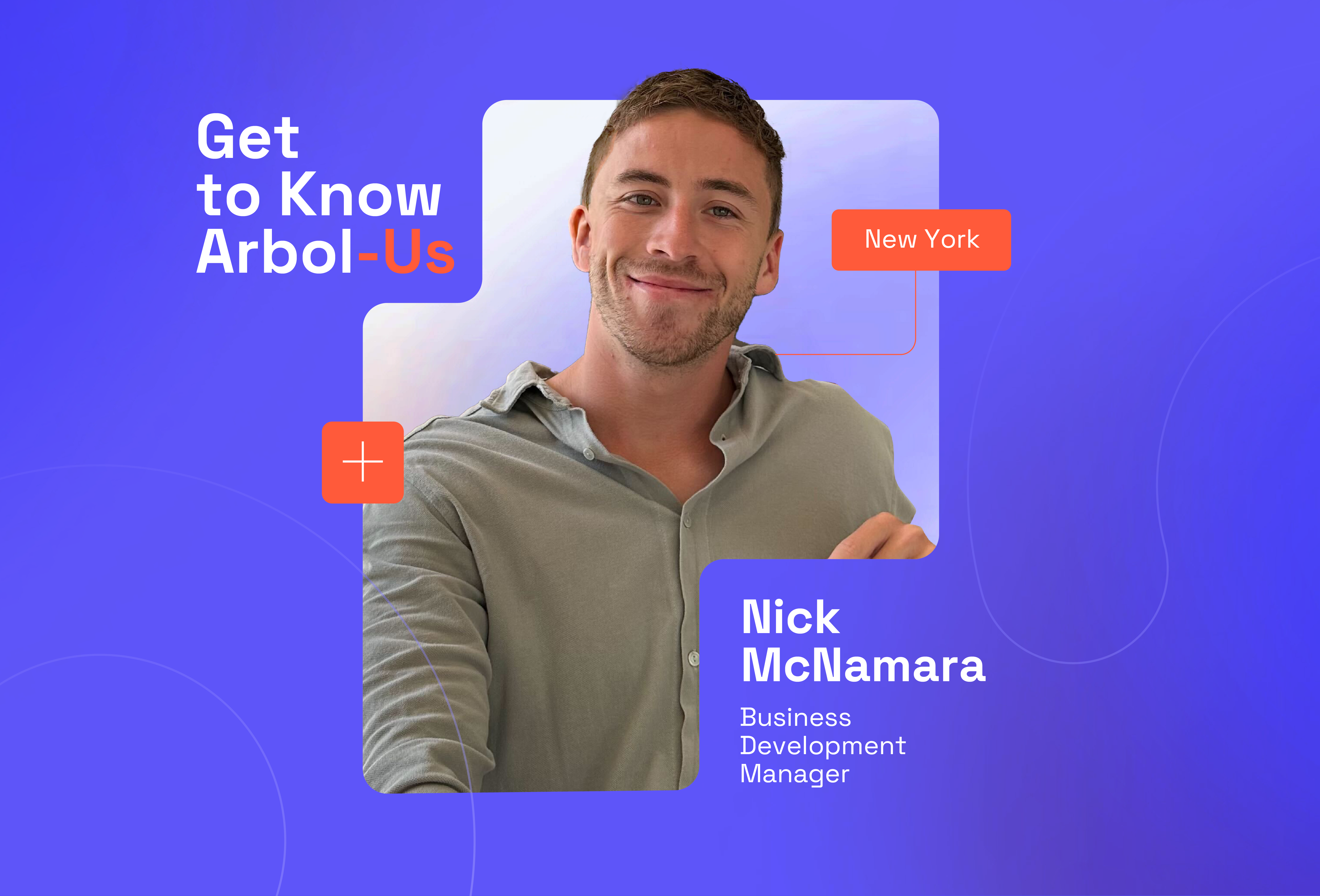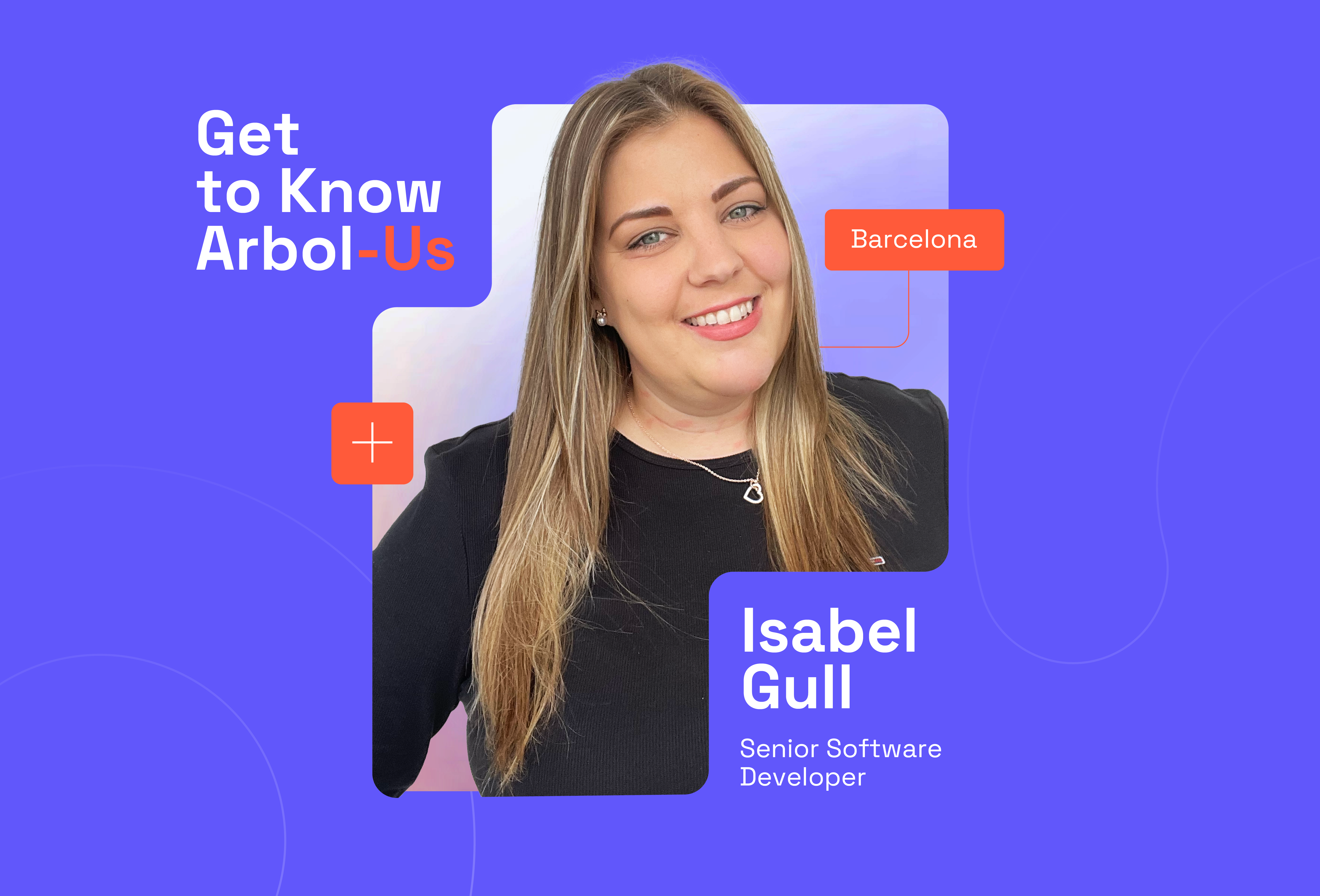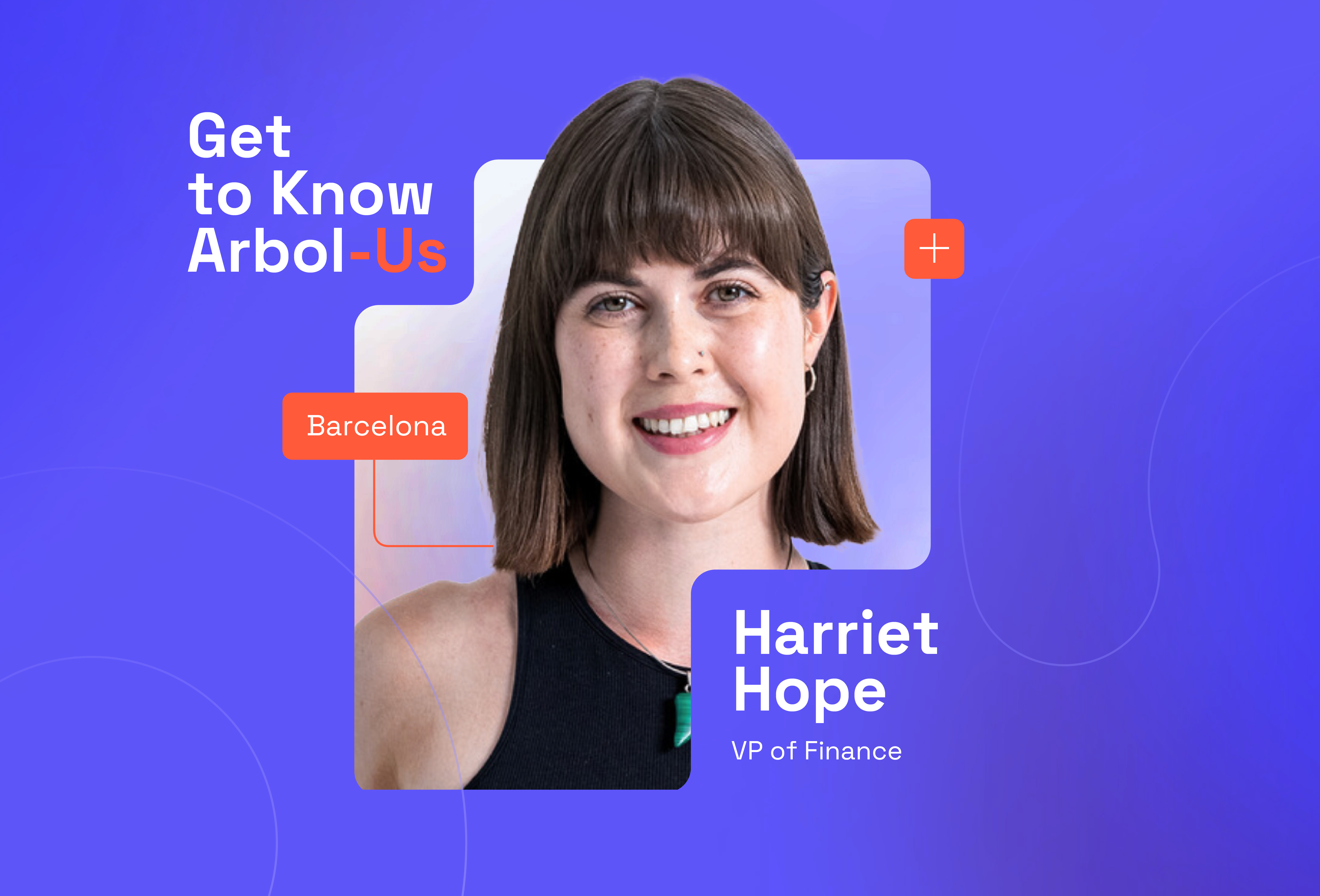Last week saw our most recent webinar – The Art of the Exit in PE: Navigating Timing, Strategies, and Deal Structuring for Maximum Returns in 2024 – take place. Private equity exit deals nosedived last year, recording a 64% drop from a peak in 2021, according to Pitchbook data.
This adds uncertainty to an already turbulent backdrop of inflation, high credit costs, and geopolitical turmoil, but there are still several reasons for optimism – which this webinar explored further in detail.
Hosted by our co-founder and CEO, Sam Glasswell, the discussion featured Oliver Parker, Partner Software and Tech Services at Alantra, and Christian Nentwich, Founder and Board Member of Duco.
The three discussed a wide range of topics, including:
- The factors leading to plunging exit deals and what this meant for PE firms
- What the market looks like for firms that are still interested in acquisitions
- Why building relationships has never been more critical and what it could really cost if this is ignored
- 2024 going forward: cautious optimism and take-privates
Click here to watch the full webinar.
What is your perspective on where the industry stands now?
2023 was a very challenging year, and while we’re starting to see signs that things are picking up, we’re obviously nowhere near the former peak and won’t be any time soon.
“You can’t really sugar coat it, 2023 was a really difficult time,” Parker summarised. The difficulties were felt across all sectors, but some held up better than others such as technology and B2B software.
Deal counts plunged, but values suffered even more. Some of the reasons are “rising inflation, rapidly increasing interest rates, general macro-economic uncertainty, and a continued disconnect between buyer and seller expectations when it came to valuations.”
“Nothing was moving, and anything that was moving was taking a lot longer. Processes typically being done in three months … taking probably at least twice as long if not three times as long just given the increasing levels of buyer scrutiny and diligence through those processes.”
The situation has improved since, however. Interest rates and inflation are coming down and stabilising, giving Parker optimism for later this year. “Everything is in place for increased activity,” he said.
And, given the stasis before, that means that when things get moving, there should be plenty of activity. “There is a backlog of assets that have been sitting in private equity portfolios for too long and the private equity guys need to start providing some liquidity to their LBs.”
What are your views on the macro situation as well as on the firms that still want to do acquisitions?
One common issue is “unconscionable” burn rates. “We found really great stuff out there where the burn rate was unconscionable … and it was so unconscionable that even if we fixed it quite aggressively after buying it, we would have still not got it down to acceptable levels.”
Nentwich went on to say that, as there was a “big swing towards profits” about a year ago, he started to relax and register other signs of growth, albeit nowhere near the heights of 2021. And even though he’s seeing a lot of people start to explore pre-market a little bit, there is still a lot of hesitancy, particularly when it comes down to pricing.
“Nobody wants to overpay here. Nobody wants to let go of their baby, that suddenly looks like an ugly baby.”
Many are buying platforms to build off of as well as ploughing money into existing ones for M&A. “It's a very safe route and especially with AI, tech, the best way to get AI to market is to cross-sell it rather than trying to go to market from scratch.” This all leaves him feeling “pretty bullish” on this year.
How can funds best strategise to become front of the pack?
Parker outlined what he sees as crucial for funds going forward.
- Relationships are critical, and “that’s probably never been more so the case”, both for investors and founders finding their next partner.
- Private equity firms should be increasingly picky about where they engage, and only do so where they can develop the right relationship and demonstrate the ability to add value.
- Spending adequate time with the stakeholders before the investment takes place, as “these are partners that you're basically getting into bed with for the next sort of 4 to 7 years”.
Investors really need to think about the costs of not undertaking this process with the correct diligence. “How much is a busted process?”, Nentwich asked. At the late deal stage, after engaging the commercial team and lawyers, this could add up to one or two million, he estimated.
How will the rest of 2024 look?
Parker feels “cautiously optimistic”, given that “the leading indicators [are] moving in the right direction.” Added to that, “there is this significant backlog of aging assets that need to be cleared out and it's just a bunch of a bunch of capital that needs to find a home.”
There would continue to be a separation in the market from a valuation perspective, with premium assets flourishing as the B+ assets and below flounder.
Nentwich added that there is the potential for more take-private deals, particularly in the United States. “Obviously difficult in the UK, the takeover rules are pretty prohibitive here … take privates are also a good way to deploy a large amount of capital quickly, so for large funds, they're an interesting option.”
Here are the audience Q&A questions that our panelists answered:
- Could you provide more insights into the negotiation process between PE and founders regarding aligning interests for the exit outcomes?
- Besides business model / cultural alignment, what range multiples to revenue or profit would be reasonable for SaaS company exits in 2024-25?
- You mentioned structure hasn’t changed but process has. How has the process changed?
- What key factors do PE investors look for when evaluating potential investment opportunities, and how can founders position their companies accordingly?
Listen to their full answers here.
About Arbolus
Arbolus is the go-to expert network for Investors seeking a forward-thinking way to gain an information advantage.
Enabled by our tech-driven approach, we deliver better insights, from the best experts, in less time:
- Innovative products for faster insights
- The most relevant, hard-to-find experts
- A dedicated team you can rely on
Check out how Arbolus can help you be the first to build confidence and secure great deals with timely insights.



